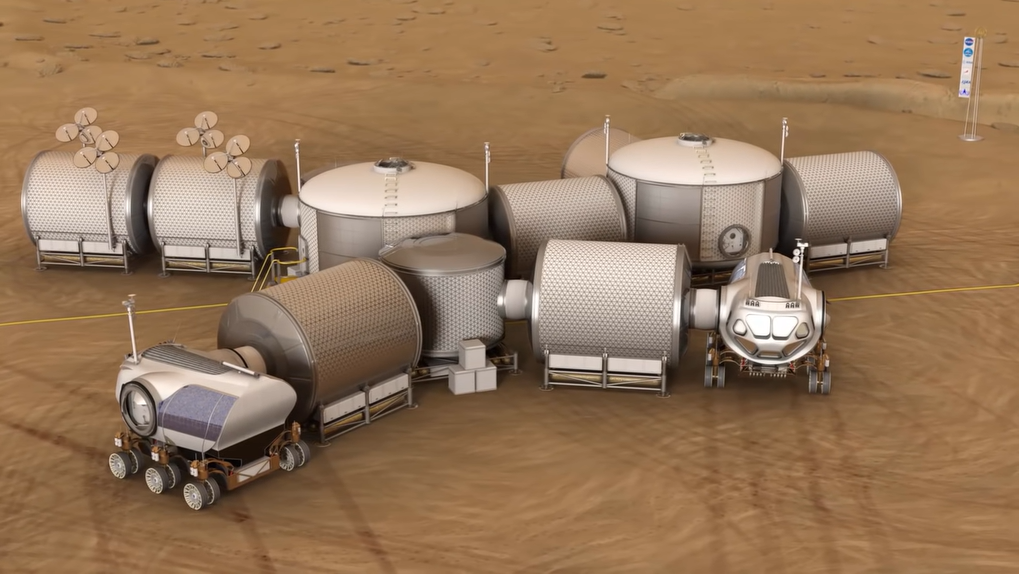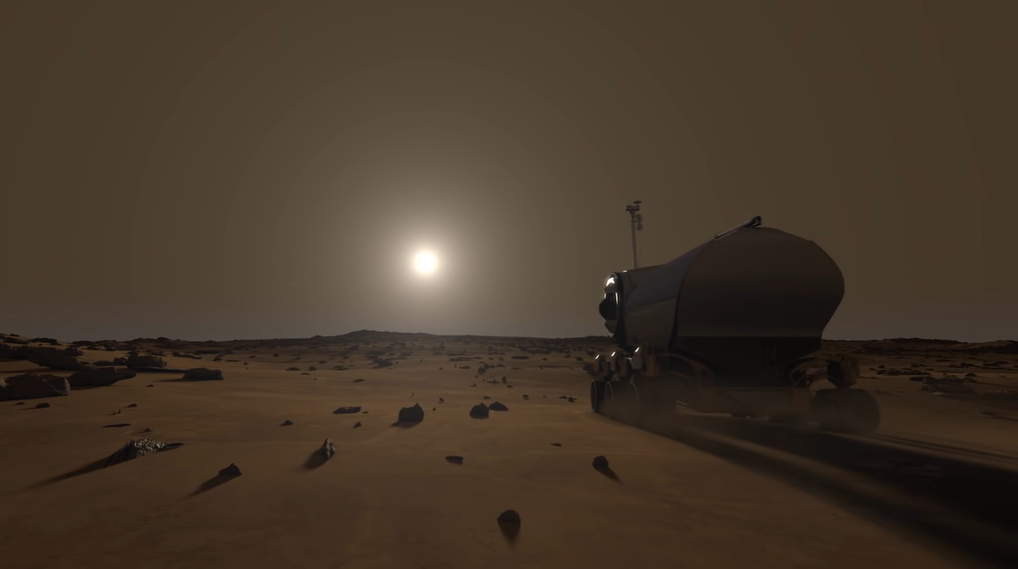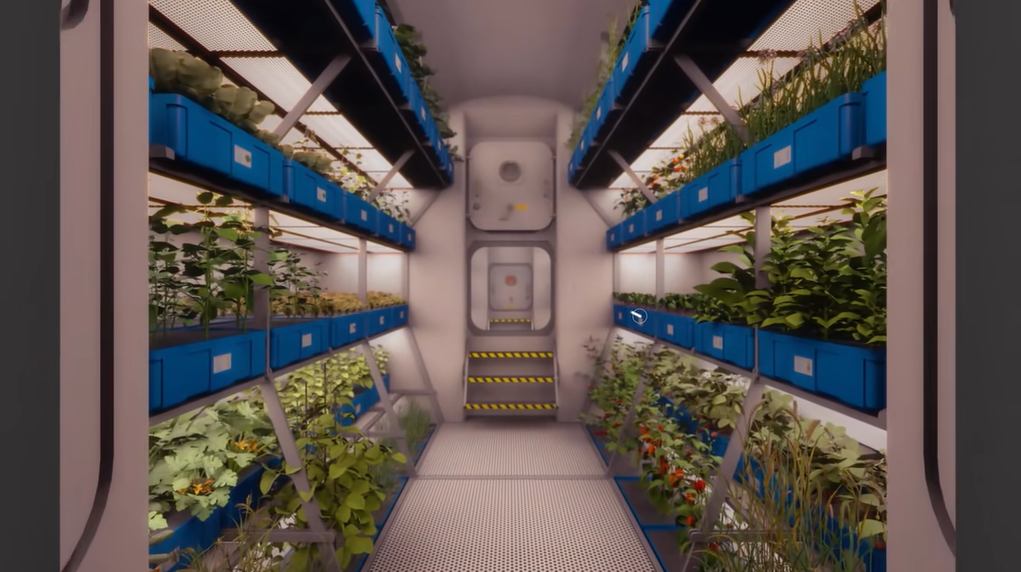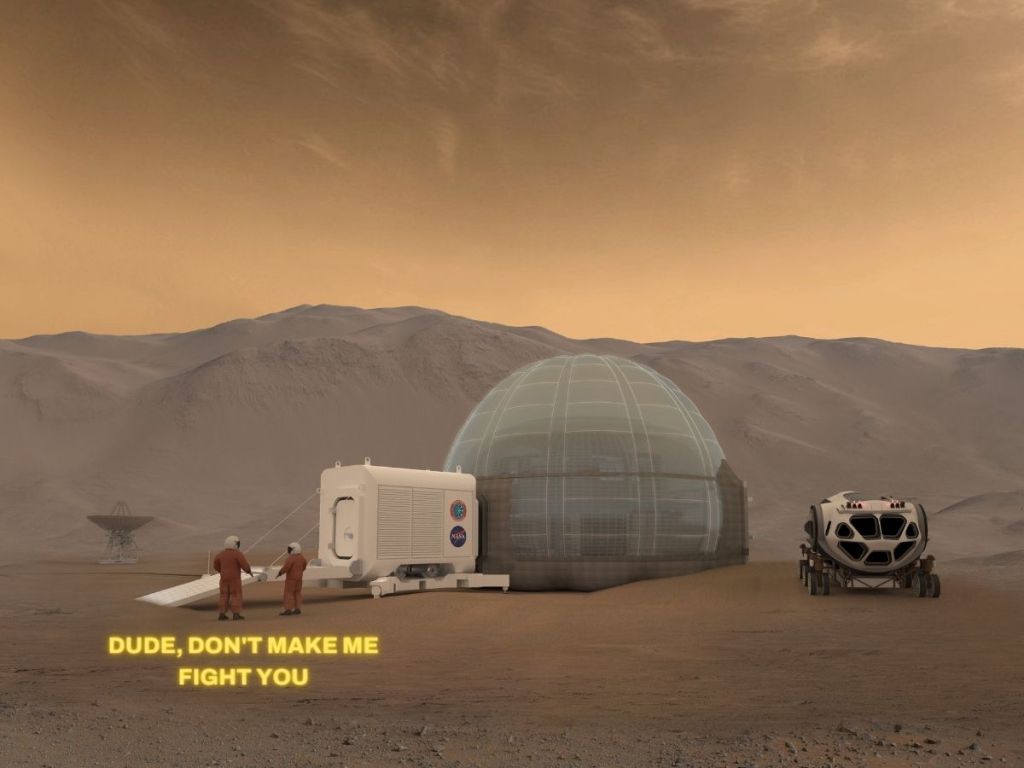A bunch of boffins have got together and used some impressive tech to work out which personality types would be best to throw onto Mars to create the first colony. Yes, the Mars personality is a thing.
The tech the boffins used is called agent-based modelling, which is a way to understand how complex systems work by creating a computer simulation. In this simulation, you have agents” that act like real people. These agents interact with their surroundings and each other, just like real humans.
This kind of modelling happens all the time. It helps planners learn about real-world systems, for example, how cities grow and change.

As applied to Mars
The fascinating study undertaken by the Department of Computational Social Sciences, George Mason University, and other collaborators, starts out explaining why only a certain personality type would manage well on Mars.
“Establishing a human settlement on Mars is an incredibly complex engineering problem. The inhospitable nature of the Martian environment requires any habitat to be largely self-sustaining.
The researchers say their goal is to work out how humans would interact on Mars, based on similar situations in other stressful situations such as on submarines, during Arctic exploration and deep in war.
“The modern era of teams working in extreme conditions commenced with the advent of nuclear submarines in the 1950s, the space race of the 1960s, and expanded Arctic exploration of the 1900s.
“These pursuits specifically buoyed interest in how teams perform in extreme environments, what makes them successful, and how individuals cope with the challenges presented by such conditions.
“The technical sophistication necessary for persistent survival in submarine missions or space exploration, coupled with their isolation and inherent risks, position those endeavours as proxies for initialising a Martian colony agent-based model.”

In a study of exploration teams in the Antarctic, researchers realised that over time small psychological discomforts between people grew into large tensions. And that specific personality types could make this better or worse for the group.
In submarine studies, traits such as good interpersonal skills were associated with “superior coping during submarine missions”. A sense of service, and being funny and cynical, were also great coping skills. And, being granted some privacy with their own sleeping space was an excellent coping tool.
Mars personality: The four types
There are four types of personalities in the model:
Agreeables — People with a low sense of competitiveness, they aren’t aggressive and can live without a strict routine.
Socials — People with a medium sense of competitiveness, they are extroverted, prefer social interaction and don’t need a fixed routine.
Reactives — They are competitive with other people and like a strict routine.
Neurotics — Highly competitive, aggressive and hate getting their routine challenged.

Optimal traits
The agreeable personality type consistently outperformed others in all simulations. It was deemed the most robust. Of course, the neurotic personality type was seen as the most vulnerable, and the reactive and social personalities fell somewhere in between.
Although the model included an equal number of each personality type, the researchers noted that future studies could explore adjusting these proportions. Perhaps an all-agreeable crew might yield better results. Or they might all die of boredom, but without any drama. Imagine no tea in space.
Ideal Mars settlement population size
So how many people should be blasted to Mars in the first settlement? Researchers conducted five simulation runs covering 28 Earth years, exploring different starting population sizes from 10 to 170.
There are a few things to know here. To keep the Mars settlement running smoothly, tasks such as producing air, water and food, managing waste, and handling emergencies required a minimum of 10 people. (It’s okay for the population to temporarily drop below 10, as long as it recovers within 1.5 years or the time between resupply shuttles from Earth.)

The findings indicated that when the initial population started at 10, there were times when the population fell below 10. However, if the settlement began with 22 individuals, it consistently maintained a population larger than 10 throughout the entire 28-year period. This stable trend fulfilled the criteria for a successful colony.
The study concluded that a starting population of 22 individuals was the minimum needed to ensure the colony’s viability over the full 28 years.
So people, if you are agreeable, get 21 of your social and reactive mates and create your Mars starter colony pack. You might want to leave the neurotics home this time.



